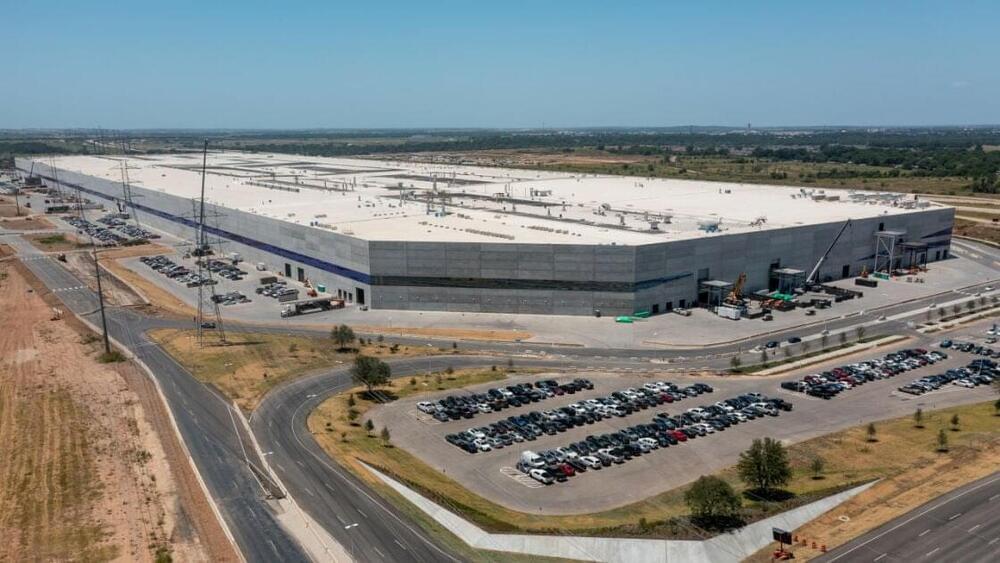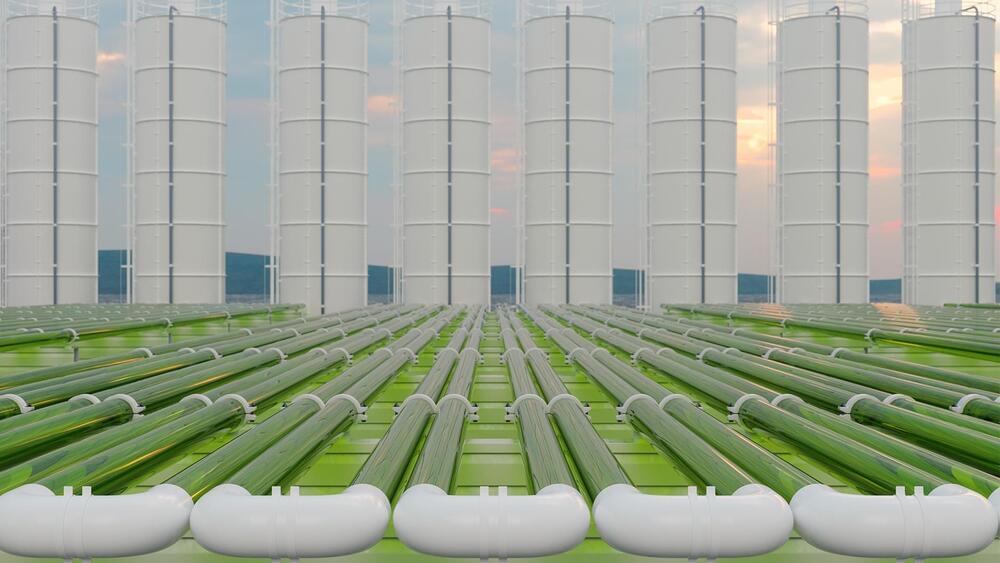If approved, the expansion would add 1.4 million square feet of space to the already huge factory.


Worried about a blackout during extreme weather? San Francisco-based EcoFlow Tech offers a battery backup system that can now power your home for an entire week and this includes heavy appliances like washing machines, coffee machines, and hairdryers too. The system is completely portable and can also be used to power your RV during an off-road trip.
Energy solutions such as Tesla Powerwall, which can be recharged using energy from sunlight but EcoFlow Tech is taking it a step further by delivering a power backup system that is entirely portable.

Under normal temperature and pressure conditions, the reactor could efficiently convert plastic bottles and CO2 into CO, syngas, and glycolic acid.
Researchers from the University of Cambridge developed a first-of-its-kind system that can simultaneously convert plastic waste and greenhouse gases into two chemical products by drawing energy from the sun.
The results are reported in the journal Nature Synthesis.
Onurdongel/iStock.
In a solar-powered reactor, carbon dioxide (CO2) and plastics are converted into sustainable fuels and valuable products used in various industries.


The brand’s Less Microfiber Cycle comes with a new filter.
Aiming to bring about a new era of sustainable living, Samsung has unveiled new innovations in washing technology that helps to reduce microplastic emissions from washers at the Consumer Electronics Show (CES) 2023, which concluded in Las Vegas.
A typical cycle in a washing machine produces shreds of microplastics due to the friction between the clothes and the tumbler. The microplastics generated are often drained out into water bodies, resulting in pollution that can cause harm to both humans and animals in the long run.

The study was conducted by inspecting 215,000 land-based glaciers worldwide.
Climate change is a primal environmental problem of our century, and it’s getting worse day by day. The melting of glaciers increases the temperatures on the Earth and causes extreme cold. According to new research, glaciers melt faster than we thought. Apparently, two-thirds of glaciers on track will be disappeared by 2100, researchers say.
As reported by Phys.
Halbergman/iStock.
Published on January 5 in Science, the study looked at the 215,000 land-based glaciers worldwide. They also utilized computer simulations to estimate how many glaciers would vanish, how much ice would melt, and how much it would contribute to sea level rise under various warmer scenarios.
They can be your power source on the go.
A startup named LAND Energy offers its customers something that most companies don’t. The option to swap the batteries on the vehicle, keeping the vehicle brand new even as technology improves over the years.
Unlike gas-powered vehicles, where the engine is the core of the machine, the battery pack on an electric vehicle (EV) is where the most advanced technology lies. With the EV industry still in its infancy, we can surely expect technology to grow by leaps and bounds in the coming years, and that means that the vehicle you buy now could likely be obsolete.
LAND Energy.

Over the past few decades, the performance of machine learning models on various real-world tasks has improved significantly. Training and implementing most of these models, however, still requires vast amounts of energy and computational power.
Engineers worldwide have thus been trying to develop alternative hardware solutions that can run artificial intelligence models more efficiently, as this could promote their widespread use and increase their sustainability. Some of these solutions are based on memristors, memory devices that can store information without consuming energy.
Researchers at Université Paris-Saclay-CNRS, Université Grenoble-Alpes-CEA-LETI, HawAI.tech, Sorbonne Université, and Aix-Marseille Université-CNRS have recently created a so-called Bayesian machine (i.e., an AI approach that performs computations based on Bayes’ theorem), using memristors. Their proposed system, introduced in a paper published in Nature Electronics, was found to be significantly more energy-efficient than currently employed hardware solutions.

On January 2023, 60 minutes interviewed Paul Ehrlich, the author of the 1968 Population Bomb.
Although I agree with some of the points, like the destruction of habitat, and climate change, and those points indeed need addressing. the overpopulation arguments in the book and the interview have already been proven wrong, repeatedly.
The 18th century Malthusian catastrophe predictions never materialized. Thanks to modern technology, new clean energy sources, and modern agriculture, our planet doesn’t have an overpopulation problem despite having more people today than at ant time in history.
It’s okay to have more kids. Kids will not “destroy the planet”. They may actually help.
This video explain why.
Links: